Scientists are reviving lost wetlands using paludiculture, blending ecology and economy to combat climate change and restore biodiversity.
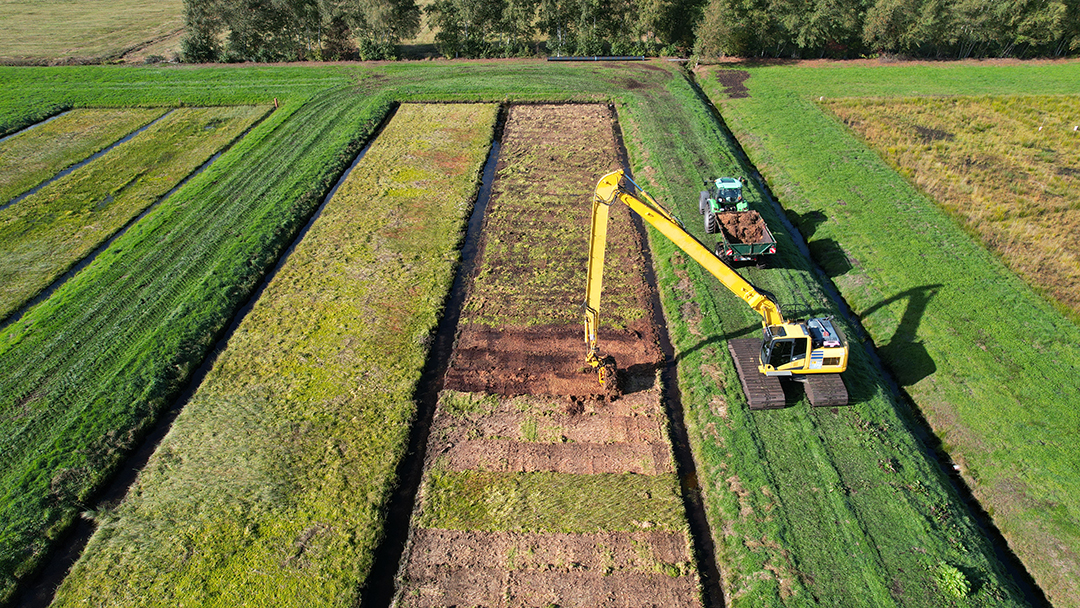

Scientists are reviving lost wetlands using paludiculture, blending ecology and economy to combat climate change and restore biodiversity.
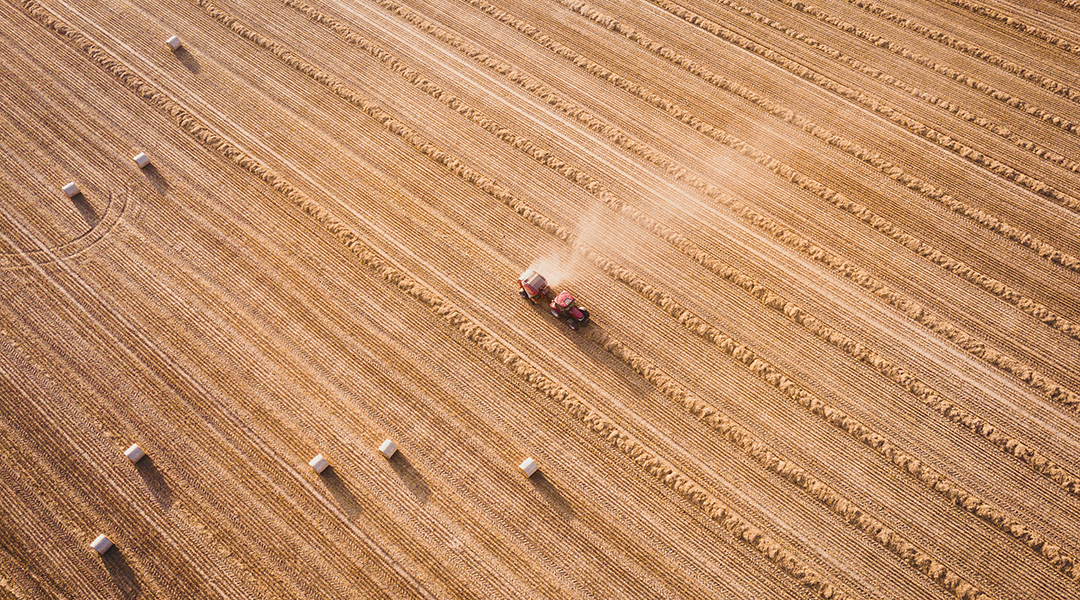
Combining agriculture with solar energy, agrivoltaics offers a promising solution to reduce carbon emissions while boosting food production.
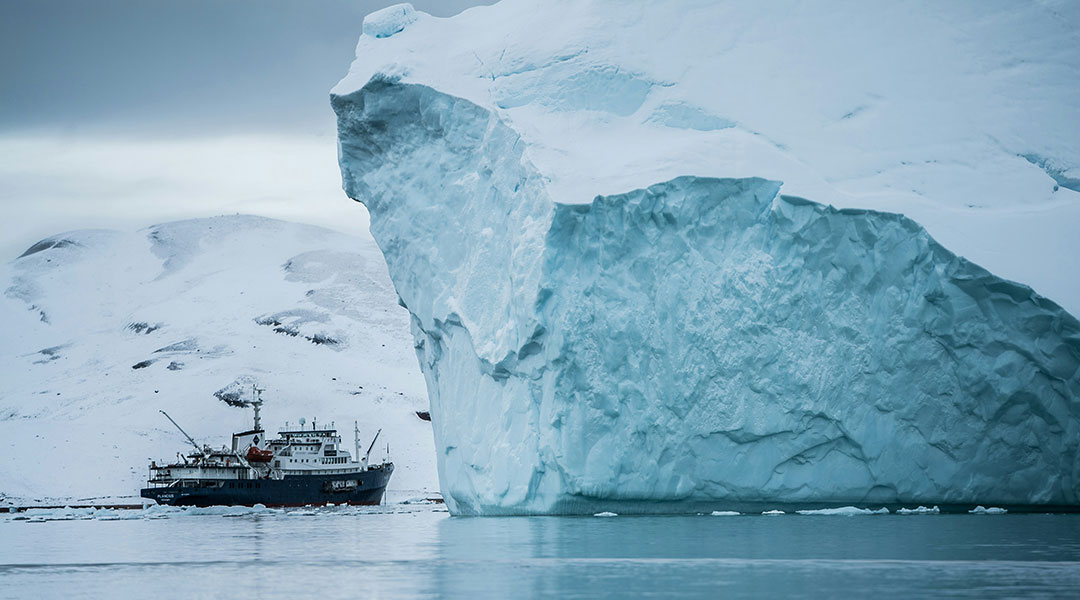
A mega-tsunami in Greenland surged through a fjord for days, creating seismic waves that caused seismometers across the globe to hum.
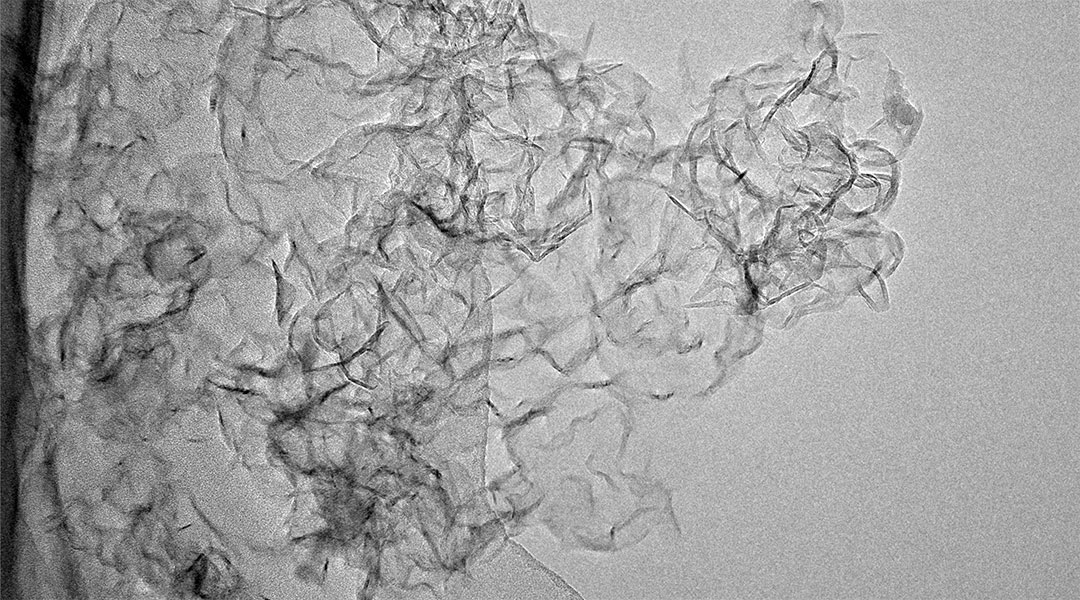
Scientists convert harmful microplastics into valuable graphene using plasma, offering a promising solution for this type of pollution.
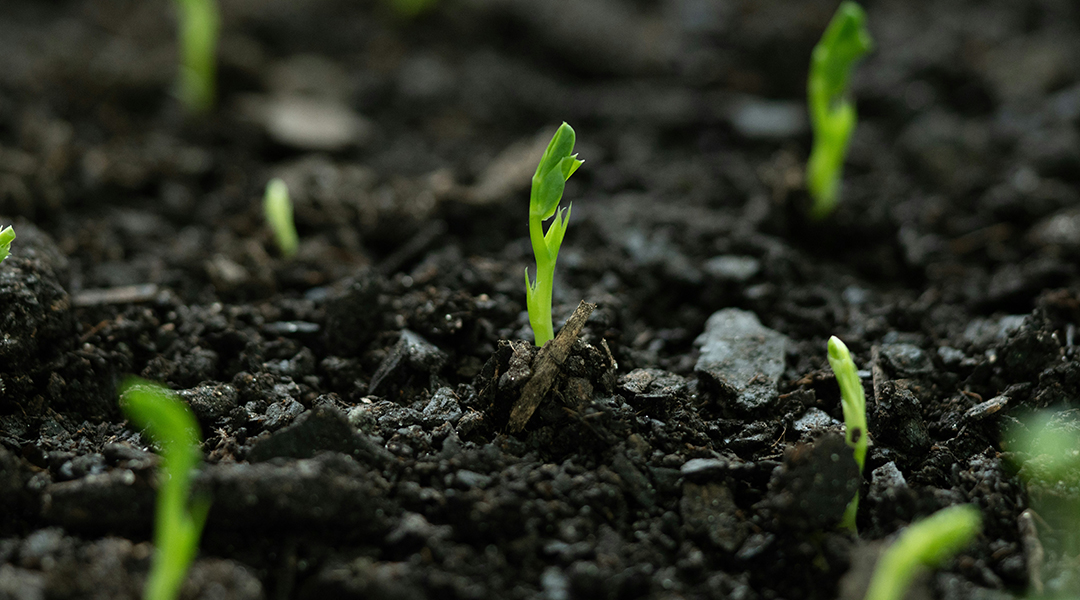
Just like our gut has helpful microbes, so too does the soil around plant roots. But what happens when antibiotics disrupt this balance?
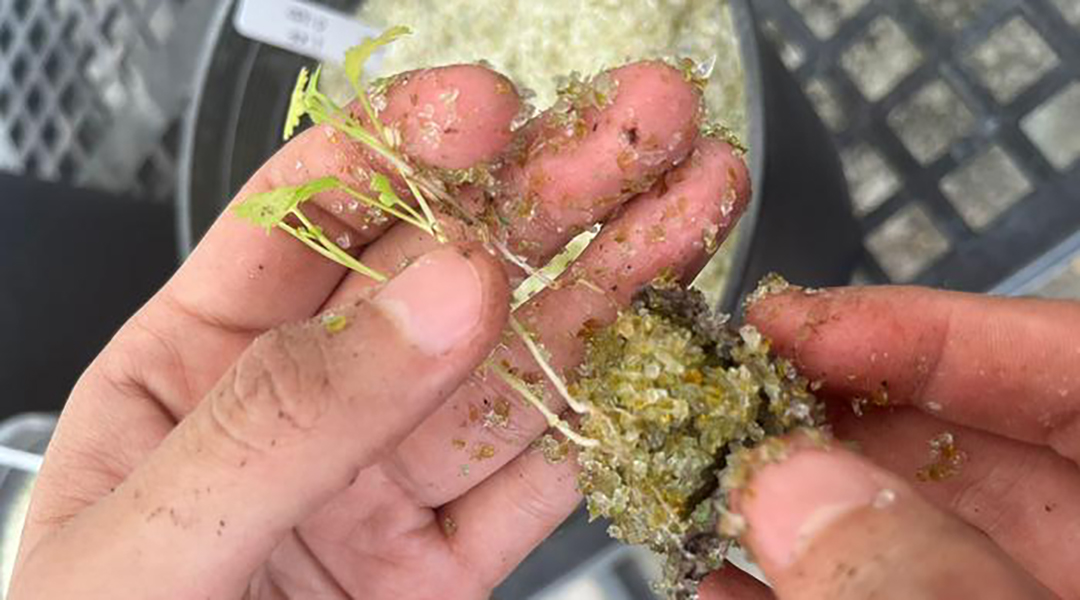
Pilot study explores how recycled glass is being used to grow salsa ingredients, protect coastlines, and safeguard the future of farming.
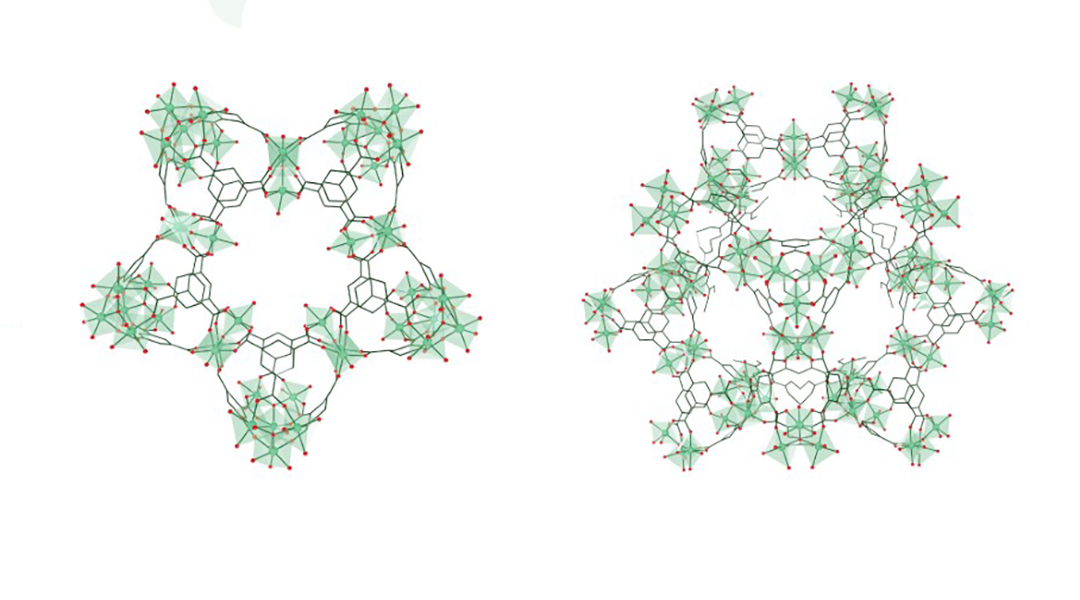
A new material converts NOx environmental pollutants into harmless byproducts without the need for any heat.

There is an urgent need to replace fossil-derived plastics with biodegradable alternatives but do they solve microplastics’ health issues?
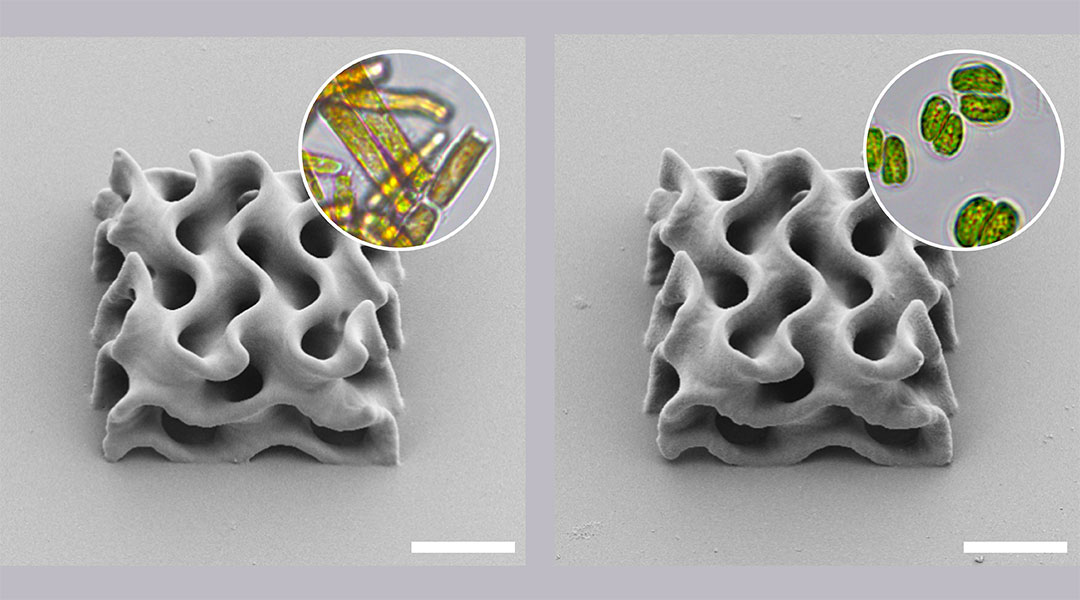
A search for environmentally friendly inks led researchers to microalgae biofactories, providing a renewable biomass solution.
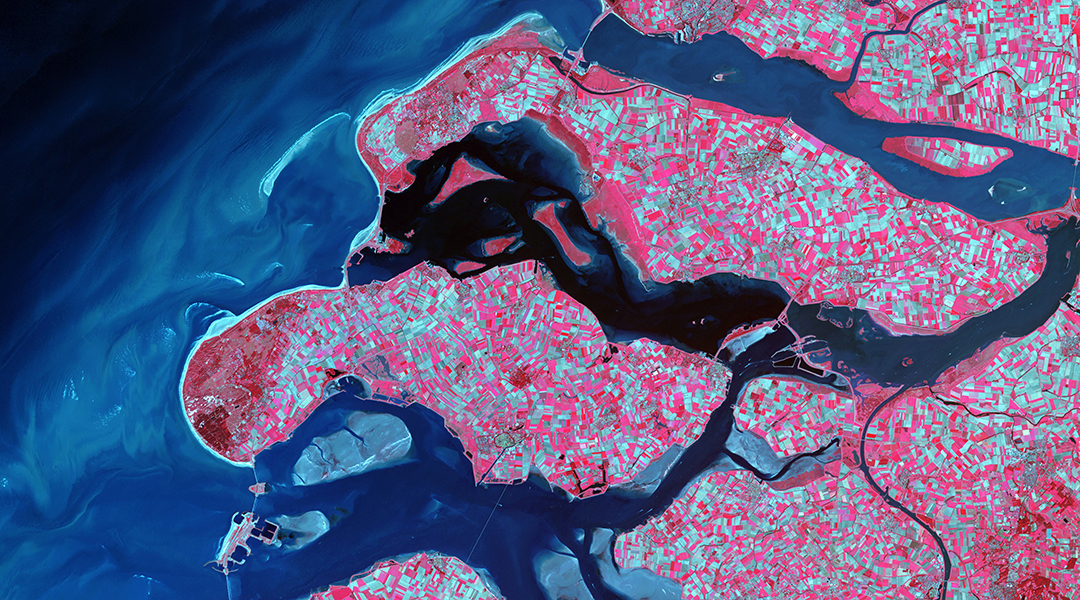
Greenhouse gas emissions are warming up the planet and scientists are turning their eyes to the sky to better track them down.